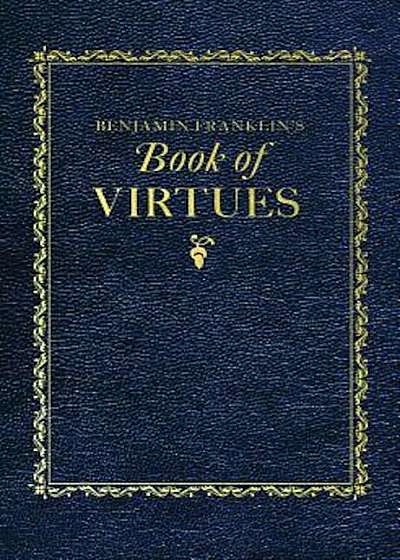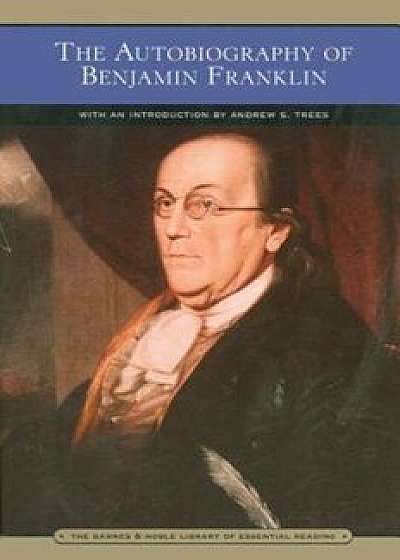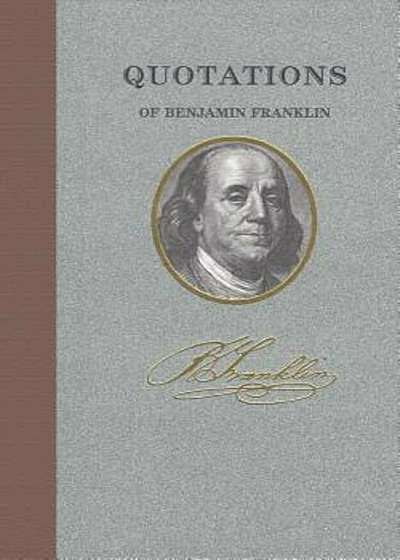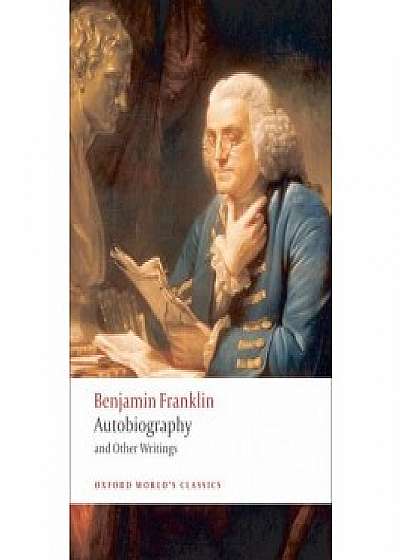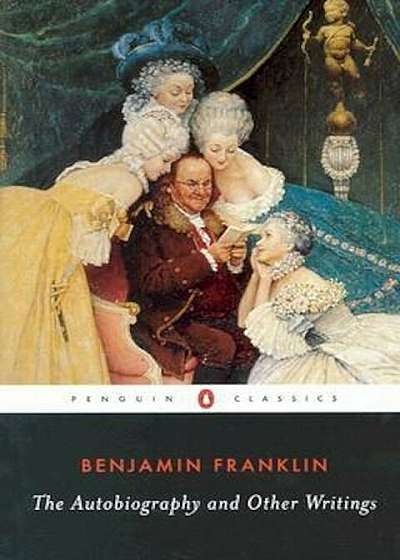
Autobiography of Benjamin Franklin: The unfinished book of his own life by Benjamin Franklin, Paperback/Benjamin Franklin
Descriere
Description This account stands as a classic among autobiographies, a compelling and easy read about a man who, from lowly beginnings in Boston, rose to become a hugely-respected public servant, writer, scientist and inventor and who went on to play a key role in the American Revolution and the founding of the United States. Franklin's autobiography, published after his death, is an unfinished collection of memoirs written over four different periods of his life. It starts in the form of a letter to his son, William, and describes aspects of his childhood in Boston in the early 1700s and his move to Philadelphia where he set up a successful printing business. The many contributions he made to public causes grew out of a strong sense of civic duty, and a stringent work ethic that formed part of his "plan for attaining moral perfection", which is detailed in the second period. The last two sections cover his impressive political and scientific work and give the reader an insight into the developing tensions between the American colonies and the British crown. A polymath of immense standing, Benjamin Franklin stands out as one of the most highly esteemed figures of the nineteenth century. Autobiography of Benjamin Franklin is a record of the life of one of the most impressive people in the American history. Franklin's autobiography, although unfinished, represents one of the most famous and influential examples of an autobiography ever written. His book is the record of an unusual life told in his own unexcelled conversational style. The Autobiography is Franklin's longest work, and yet it is only a fragment of it. The account of Franklin's life is divided in a manner that reflects the different periods in which he wrote them. The first part, written as a letter to his son, William Franklin, was not intended for publication; the composition is more informal and the narrative more personal than in the second part, from 1730 onward, which was written with a view to publica

